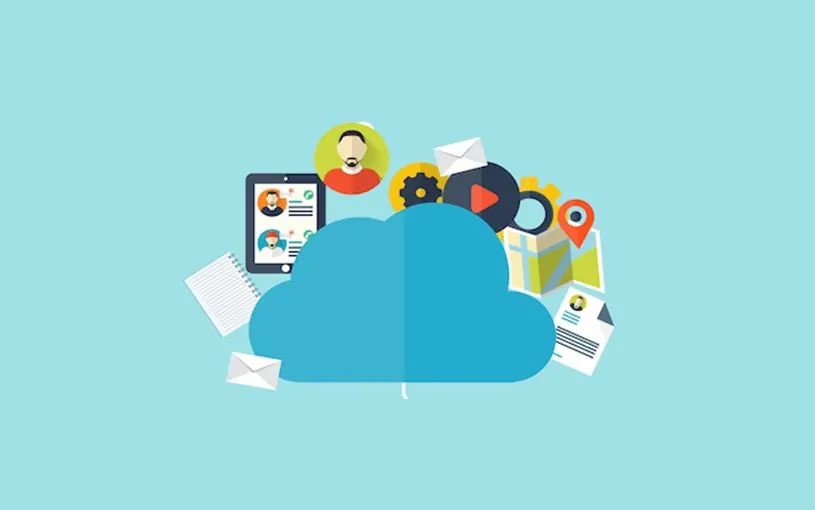When it comes to website platforms, WordPress is one of the most popular options on the market, and it has been for a very long time. That’s not surprising, considering its ease of use, the wide range of plugins on offer, and the ability to transform it into an e-commerce store (WooCommerce). However, that popularity has some negative ramifications, including the fact that it makes WordPress websites frequent targets of hackers.
The good news is that small and medium businesses (SMBs) can use some basic tips and tricks to help improve WordPress security, including for e-commerce websites. What do you need to do to make your site less appealing to attackers?
Table of Contents
1. Know Your Site
WordPress security begins by knowing your website and taking steps to mitigate the most insecure aspects. While WordPress is pretty secure in comparison to some other platforms out there, you’ll find thousands of vulnerabilities.
The most significant risks come not from the core code itself, but plugins. Second, on the list are unsecured or nulled themes. Finally, there’s the core code itself. By understanding where threats are most likely to come from, you can begin to create an overarching security strategy that will protect your website and your information.
2. Don’t Use Admin
Out of the box, WordPress uses an administrator account username of Admin. Too many business owners fail to address that. It’s a huge security issue, as it is the first potential username that attackers will target. You can impede those attacks just by changing to an administrator account with a different name.
How do you do that? Go to users à add new, and create whatever account you want. Make the username something that’s not quite as obvious. Once you’ve created the new one, make sure to delete the admin account. Go to users à all and delete admin. However, if you already have posts and pages created by Admin, make sure to reassign them to the new account.
3. Choose Managed Hosting

Yes, you’ll have to pay for hosting with your WordPress site, but not all hosting options are created equal. You’ll find self-managed and managed to host offers. Of the two, managed hosting is the better choice only because it ensures that your web host is actively working to protect your website.
Your host will handle things like server OS patches, upgrades, and more. Of course, your choice of web host also makes a significant difference here. Protect yourself by choosing a secure web host.
Check out the host’s reputation and history in terms of data breaches, uptime, and more before deciding on anything.
4. SSL Certificate
The best defense against any attack is to ensure that your website is encrypted. Not only is this important for WordPress security, but it’s a vital consideration for SEO, which is essential to e-commerce sites, blogs, and static websites alike. Without an SSL certificate, Google will penalize your site and push it down in the SERPs. Need a refresher on what SSL is and what they do?
Attackers will also find you easy prey. There are a couple of different options when it comes to these certificates, including self-signed SSL certificates (managed to host only) and Let’s Encrypt certificates.
In many cases, the simplest and most expedient option will be to purchase your certificate through your web host. Most major hosts offer this service, so if yours does not, it might be worth reconsidering your hosting situation.
5. Practice Good Password Management
One of the simplest yet most often overlooked aspects of WordPress security, whether you run an e-commerce site or something else, is proper password management.
Every single authorized user with an account on your site should have a secure password, which means at least eight characters, a mix of upper and lowercase letters, numbers, and special characters. Weak and easily guessed passwords should be avoided.
6. Keep It All Updated
Every aspect of your website will receive updates at some point, including the source code, the plugins, your theme, and more. However, simply because a developer releases an update does not mean that your site will benefit from it. You need to download and install the updates in order to patch the vulnerabilities and gain additional protection.
7. Use Security Plugins
The library of plugins available is one of the major perks of running a WordPress site. It is also a solution to your security issues.
You’ll find many reputable security-related plugins on offer, both paid and free, and installing these can help ramp up your protection significantly.
8. Back Up Your Site
This tip should be common sense, but it is sometimes overlooked. Back up your website regularly. Not only does that help in the case of a disaster, but it provides you with the means to restore your site to a point before any attack or defacement.
9. No Pingbacks
Pingbacks were at one time beneficial, but today they’re more associated with DDoS attacks. Disable pingbacks, as well as trackbacks to help secure your website.
10. Delete Unused Themes and Plugins
While themes and plugins can add valuable benefits and functionality, they can become security risks if you do not use them. Periodically take inventory of any unused themes and plugins associated with your site and remove them.
Ultimately, WordPress security requires a combination of different tactics, steps, and strategies. It means that business owners need to take an active stance toward security, whether the site in question is an e-commerce store, a blog, or a static website.
Be savvy about the plugins and themes used, practice proper password management, and do what you can to mitigate your security risks. Finally, trust a managed hosting provider to add layers of additional security along with helping to ensure that your site is always up to date with the latest core updates.



